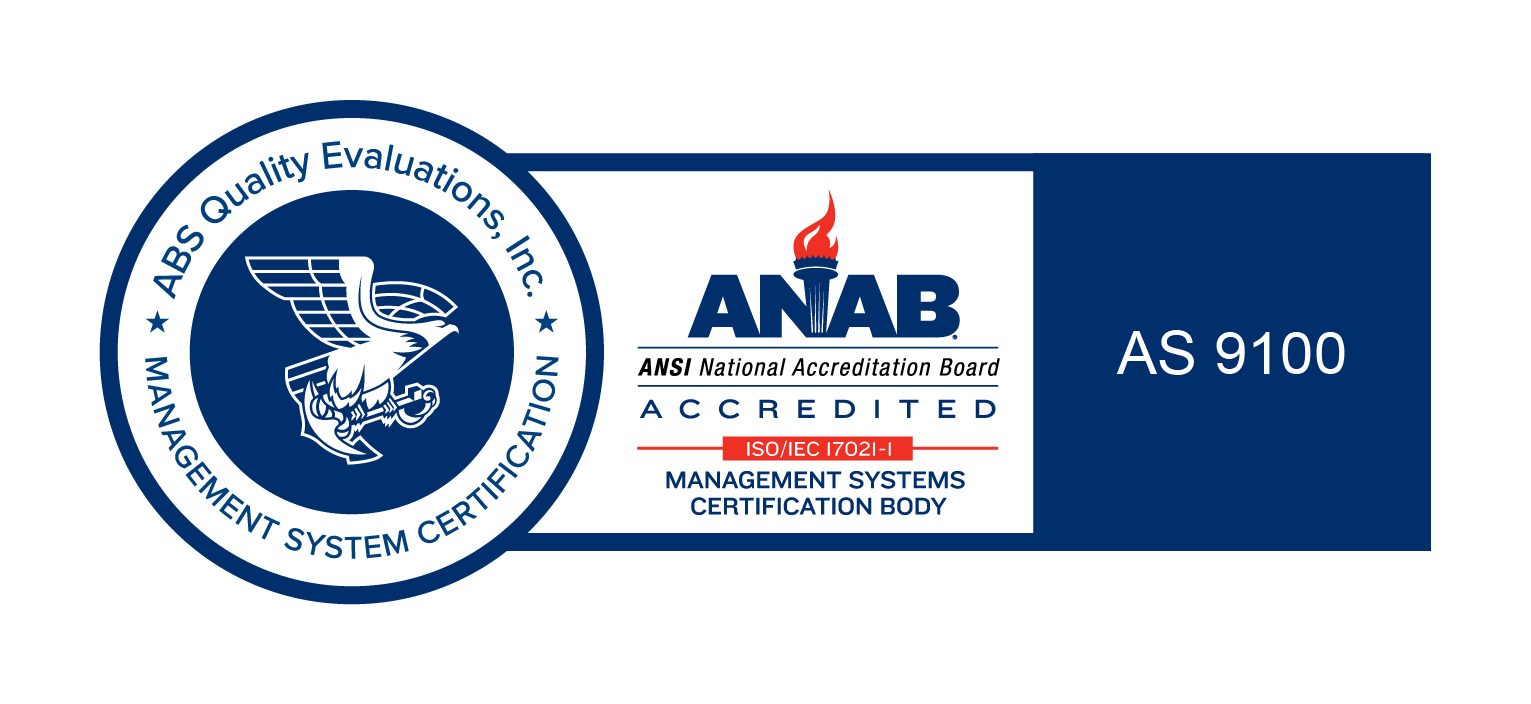Titanium Grade 9 / Ti-3-2.5
W.Nr 3.7194
Description
Titanium Grade 9 is a near alpha, alpha-beta alloy. It offers much more strength than CP titanium, and unlike Ti-6-4 can be cold worked resulting in moderately high strength and good ductility. It is as weldable as the CP grades and has excellent resistance to corrosion.
Industries Supplied
Architecture, medical, marine, processing & chlorate manufacturing, dimensional stable anodes, and desalination.
Nominal Composition
Al: 2.5 – 3.5
V: 2.0 – 3.0
Fe: 0.30 max
O: 0.12 max
C: 0.050 max
N: 0.020 max
H: 0.02 max
Y: 0.005 max
Ti: Balance
Physical Properties
Density: 0.162 lb/in3, (4.48 g/cm3)
Modulus of Elasticity (E):
At 70°F (20°C): 15.5 x 103 ksi (107 GPa)
Modulus of Rigidity (G)
At 70°F (20°C): 5.0 x 103 ksi (35 GPa)
Coefficient of Expansion:
4.4 µin/in.-°F (70°F to 932°F)
7.9 µm/m-°C (20°C to 500°C)
Electrical Resistivity: 4.96 µΩ.in, (12.6 µΩ.cm)
Thermal Conductivity: 52.7 Btu-in/ft2hr-°F, (7.6 W/m-K)
Applicable Specifications
Strip and Foil: ASTM B265, AMS 4989
Typical Mechanical Properties
- Annealed
- Heat Treatment: 1200 -1450°F
- Tensile Strength: 90 ksi (621 MPa) min – 109 ksi (752 MPa) typ
- Suggested Operating Conditions: -300°F to 1000°F (-184°C to 540°C)
For further information Contact:
Contact Us
Phone: 1 888 843 2350
Elgiloy Specialty Metals – Strip Products
1565 Fleetwood Dr.
Elgin, IL 60123 USA
Limitation of Liability and Disclaimer of Warranty:
- The content in these data sheets is provided primarily by third-party melting mills and is provided for reference only. It is not intended for engineering or design.
- Applications may be discussed, however, Elgiloy Specialty Metals, a Division of Combined Metals Company LLC, does not recommend or endorse any material for any particular end use or application.
- The data included in this data sheet are typical values and may vary.
- Elgiloy Specialty Metals, a Division of Combined Metals Company LLC, makes no representations or warranties, express or implied, as to the accuracy, completeness, condition, suitability, performance, fitness for a particular purpose, or merchantability of any information contained in any data sheet.
In no event will Elgiloy Specialty Metals, a Division of Combined Metals Company LLC, be liable for any damages whatsoever arising from the use of the information included in the data sheets.
Additional Information on Grade 9 Titanium
Grade 9 Titanium is another titanium alloy that is very useful in a variety of different industries. Just like all of its counterparts, you can rely on the alloy to be resistant to corrosion, the ability to be cold worked, and have a high level of weldability. When you examine its strength, you will see that it lies somewhere between Grade 4 and Grade 5 although unlike those alloys, Grade 9 contains trace amounts of aluminum and vanadium. Furthermore, it can be used in higher temperatures than the titanium alloy Grades 1-4.
One thing that you will see with Titanium Grade 9 is that it also is very ductile, and is perfect to make tubing for hydraulics. In fact, the aerospace industry uses it for their airplanes quite regularly. Grade 9 Titanium tubing can withstand hot and cold temperatures, which means that it works well with hydraulics that have been sitting in extremely cold temperatures, or ones that have been moving rigorously and have heated up. This is why it is perfect for airplanes, which have a lot of moving parts at times, and glide through the air in the very cold atmosphere in others.
The medical and chemical processing industries also use Titanium Grade 9 (2-3.5) on occasion for their equipment and machinery. Often times in chemical processing you will find that it is used where the chlorate is present. In fact, you can even find the alloy in varying pieces of athletic equipment. This goes to show how extremely versatile the alloy is, and how it can be used in a variety of different ways. Also, just like the other grades of titanium, due to its amazing corrosion resistance, you will see Grade 9 Titanium in boats and other pieces of equipment that have to be operated in sea water, where corrosion can happen in an instant.





